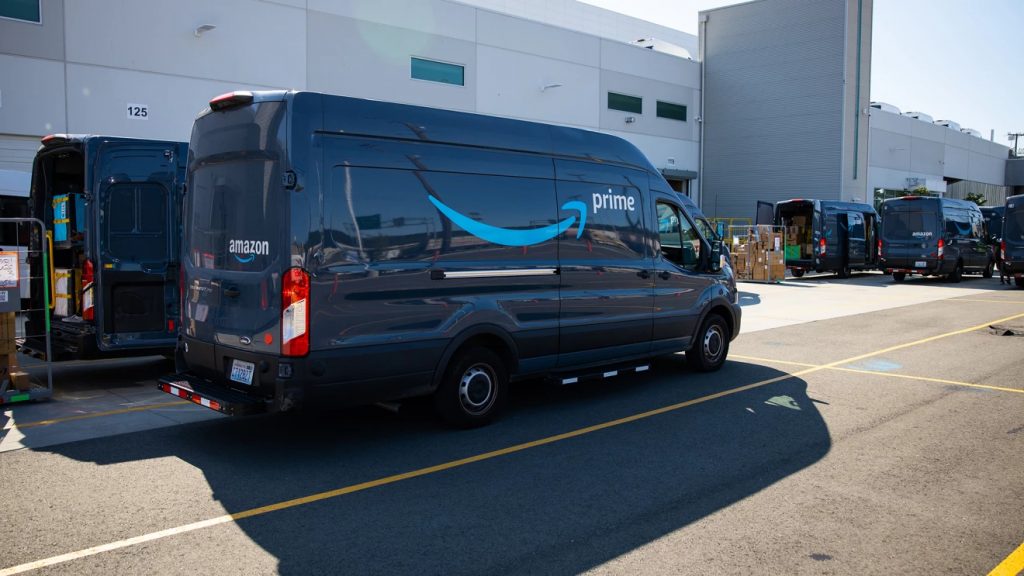The Industries Where Electric Vehicles Are Vitally Important
The utilization of electric vehicles is most important to commercial sectors such as the car rental and delivery industries because these industries contribute a vast amount to emissions globally.
This article is more than 2 years old
At present, the world is continuously transitioning toward more environmentally conscious solutions regarding a multitude of different industries. The one industry that is at the forefront of these discussions is the automobile industry, as car manufacturers weigh the impacts of the environment against their profit margins. This is occurring as scientists, politicians, stakeholders, and corporate bigwigs debate whether or not transitioning from internal combustion engines to electric vehicles is in the best interest of the long-term health of our planet.
Cutting down on greenhouse emissions is our planet’s top priority or we risk jeopardizing our descendant’s ability to survive on this planet. The fact that currently, we do not have another inhabitable planet on our radar means our choices right now matter to those generations down the line. It’s extremely difficult to get 8 billion humans to agree on the best course of action, especially when the right decision will cost some of those humans’ revenue from their own pockets.
An alternative to the Internal combustion engine has been the focal point of the automobile industry for the past two decades. Emissions from industrial manufacturers have also been proven to be another leading contributor to greenhouse gases around the globe. When we dissect where we think the electric car can make the quickest and largest impacts, it is clear that vehicles belonging to fleets are the ones that rack up the most emission miles, and much more than your average personal car commuting back and forth to work.
According to Vox “Fleets of vehicles are purchased by institutions, companies, public school systems, and the government, in bulk. They can take far more trips in a week than a typical passenger car in a single day, which means that replacing one of these vehicles with an EV can have an outsized impact on reducing carbon emissions.” That means that if we can transition all the buses, Taxi’s/Uber, short-range delivery vehicles, and other service vehicles, then we can reduce greenhouse gas emissions rather quickly. These vehicles normally travel short distances and the same routes multiple times on any given day.
Delivery vehicles only represented 10% of all the registered vehicles in 2022 however, they contributed 26% of all the greenhouse gas emissions. Not to mention that transitioning them to electric vehicles would give those companies incentive to ramp up the building of power stations which would benefit those local communities and provide much-needed infrastructure. As these power stations become viable you will see businesses start to pop up around them just like we have been seeing since gas stations were being built all through the 1940s and 1950s.
Another industry that utilizes a massive fleet of vehicles is the rental car industry. Companies like Avis and Enterprise have already committed their companies to giving people the option of being able to rent electric vehicles. The rental car companies also turn over their fleet to the consumer retail market every two years which would infuse those additional vehicles for consumer use.
Big shipping companies like Fed Ex, Amazon, and UPS are also getting involved by committing to transitioning to electric vehicles. Fed Ex is targeting 2040 to be 100% converted to electric vehicles. President Biden is spending 1 billion dollars to expand the country’s fleet of electric and low-emission school buses as well as all light-duty government vehicles by 2027.

When we start seeing the positive gains of these big companies and government entities transitioning away from the internal combustion engine vehicle. It will render that technology useless and help save the environment for generations to come. That’s a win for everyone that currently or eventually will breathe the air on planet earth.





